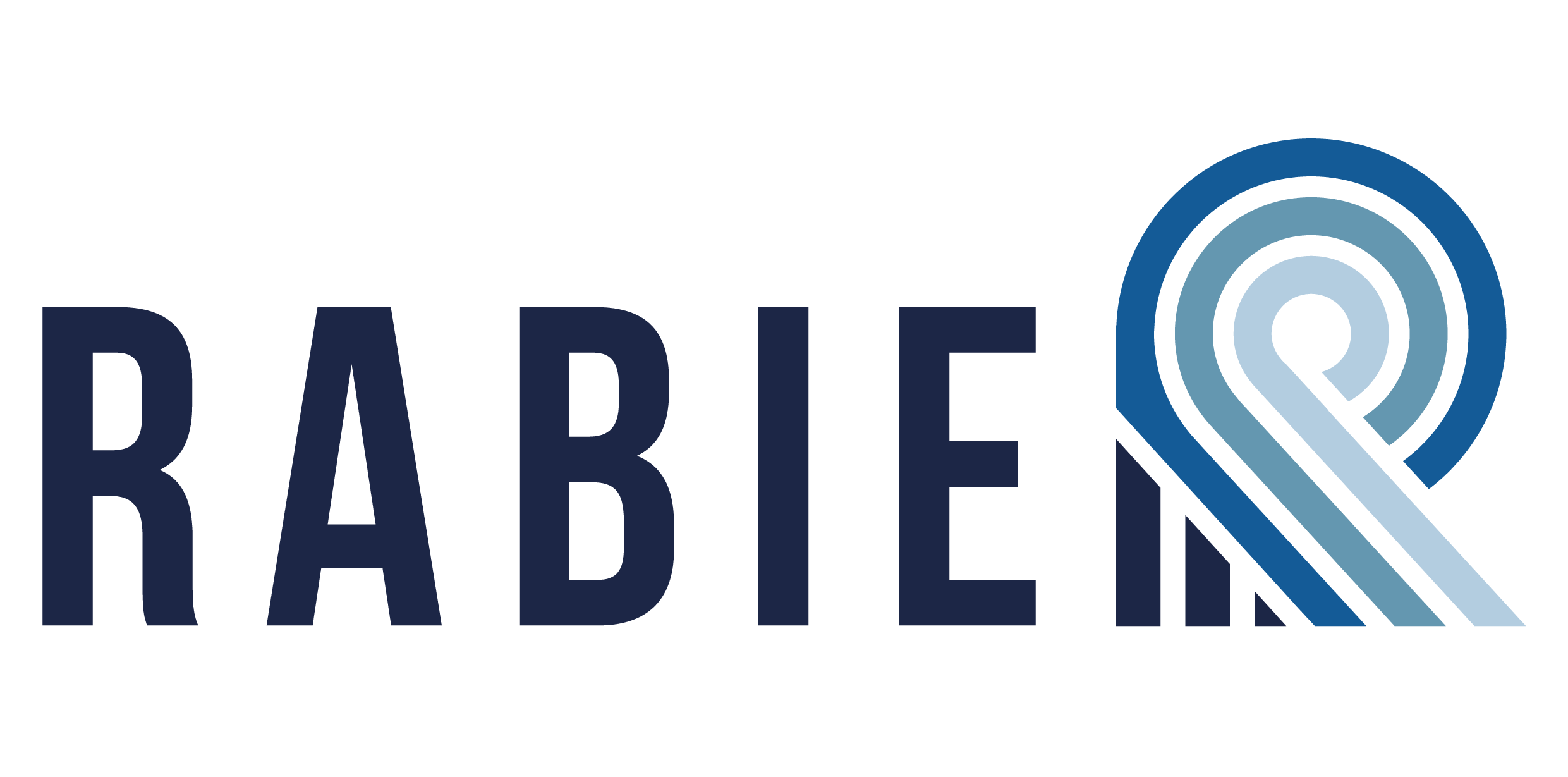Provisional Tax 101
The What, When, How Of Income Tax For Provisional Taxpayers
Being an entrepreneur is exciting, challenging and rewarding. Admin responsibilities are one of the challenges of being self-employed.
Our provisional tax-paying clients, from small businesses to large corporate business-owning clients, have shown us a need for provisional tax information reminders.
The ‘What’
Provisional tax is the government’s way of helping you prepare for the annual payment. They are aware that entrepreneurs are keen to reinvest “profits” into their business and so they pre-empt this with an interim payment requirement called Provisional Payment after six months. Then a second one at 12 months. If you are short in your projections, a third payment is made.
You can do all your tax profile registrations on the SARS e-filing platform here.
Preparation
The most common mistake we see from provisional taxpayers is not saving towards a provisional tax bill. You might believe next month will be a cracker and you will put money aside for the provisional tax payment from that income.
Don’t fall into this trap. The income you get must immediately have the tax portion redirected into a preparation account. Getting an R27,000 or R300,000 tax bill shouldn’t be a shock if you have monthly allocations.
Calculations
The first payment involves projections, and so is most likely inaccurate. The second payment must be more carefully calculated and should be within 90% (<R1 million) or 80% (>R1 million) of the taxable income.
It is important that your calculations are not too conservative, causing large overpayments and slow refunds.
You will declare income on an IRP6 (provisional) tax return, and you will also need to fill in an ITR12.
Late submissions and non-deductible interest is charged on late payments.
Keeping A Salary
You could consider not operating as a sole proprietor but rather setting up a company. You can pay yourself a salary and pay PAYE income tax. Your company would then register as a provisional taxpayer.
If you are a sole proprietor, and your income exceeds R1.5 million, talk to your accountant about possible tax advantages via establishing a company. Company tax is 42.4%, and the maximum sole proprietor rate is 45%.
It is important to note that companies attract higher capital gains tax. This is why it is important to involve a professional, experienced accountant who is highly tax-savvy.
Fluctuating Income
Entrepreneurs may feel frustrated with estimating income due to its uncertainty. SARS needs you to make your best effort and, by splitting the payment into three payments, fluctuations are considered.
Be diligent and realistic and have proof to show SARS why a large underestimate occurred in the instance this occurs.
It is important to include the following into your income calculations:
• Capital gains,
• Interest earned
• Investment income
• Rental Income
• Interest and investment income
• Trading Income
Deductions
Any deductions must have documented backup showing the expense. They MUST be relevant to the business. Loans must be business loans, clothing must be uniforms, food must be for staff welfare, and a bicycle must be for your company delivery contractor.
Exemptions
You are exempt from tax if you fit into either of these two categories:
• You are younger than 65 years old, and your only income comes from:
– Interest,
– Dividends,
– Rental or
– Remuneration from an unregistered employer
– AND it is less than R30 000 for the tax year;
• You are younger than 65 years old, and your income is less than R83 100 for the tax year
Send us your questions or make an APPOINTMENT with our highly experienced tax and business team. Our holistic business approach ensures that it benefits your business in other areas when we assist you in one area.


Recent Comments